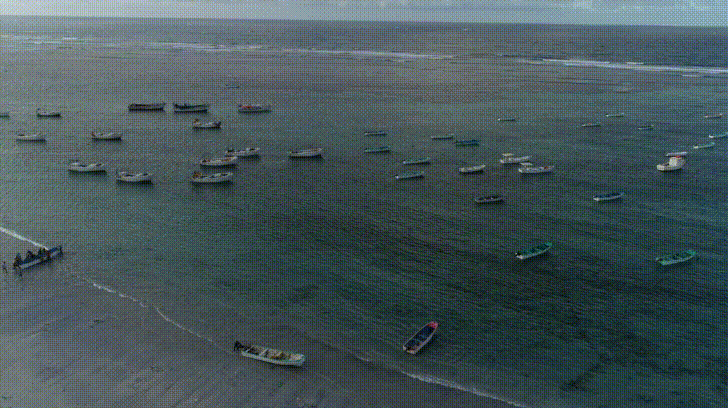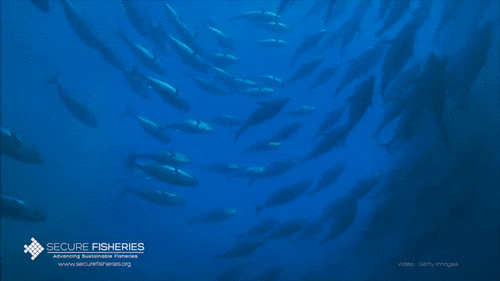September 9, 2024

Southern Somali Sea - Mogadishu Fish Landing Site, Somalia has by far the longest coastline of any country in Africa at roughly 3.333 kilometers and the richest fishing grounds in the world.
Somalia has unveiled new standard operating procedures (SOPs) for licensing tuna-fishing vessels operating within the country’s nearly 1.477.500-million-square-kilometer exclusive economic zone, and for domestic fishing companies seeking registration, as the government seeks to align its permit-issuance process with international maritime laws and sustainable fishing practices.
This government-driven licensing and registration plan, if implemented as planned, aims to support Somalia in reducing incidents of illegal fishing committed by semi-industrial and industrial vessels, boosting opportunities for the country’s artisanal fishers in the process.
“This initiative aims to promote sustainable fishing practices, enhance regulatory transparency, and support local economic development within Somalia’s maritime boundaries,” Somalia Fisheries Director General Abdi Dirshe said. “The introduction of these SOPs and guidelines marks a significant milestone in Somalia’s efforts to regulate its tuna fishing industry responsibly.”
To ensure the measures are properly enforced for domestic vessels, Dirshe said the nation’s Ministry of Fisheries and Blue Economy will “not consider an application for or issue a license, authorization, or other permission required under the fisheries law for a Somali vessel, including any local fishing vessels, unless the vessel is registered or identified as a Somali fishing vessel in accordance with applicable legislation.”
Under the registration process, fishing companies interested in getting permits to operate in Somalia would have to submit a request letter to the registration office of the Ministry of Fisheries and Blue Economy, accompanied with a detailed profile of the applying company
The application also requires the applying company to submit its bylaws, including articles of association, names of board members, and details of the owner of the company, among other information.
Fees for the registration have been broken down into three categories. Local fishing companies, as well as domestic entities engaged in seafood import/export business, will pay USD 1,000 (EUR 902) annually. Foreign companies working in partnership with Somali counterparts will pay USD 5,000 (EUR 4,509) for registration. Wholly foreign-owned fishing firms and those that are partially owned by foreigners will pay USD 10,000 (EUR 9,018).
Source: Western Seafood Media Outlets.
Somali Ministry Fisheries Training Program in China

27 Aug 2024
The Chinese government recently hosted a delegation of fishery officials from Somalia as part of a training program covering aquaculture and fishery management techniques.
The training took place at two sites in Shandong and Jiangsu provinces, which are both centers of Chinese aquaculture and seafood processing.
During the opening ceremony, Ambassador Awale Ali Kullane emphasized the critical role of the fishing industry in Somalia’s economic growth. He expressed gratitude to the Chinese government for its ongoing support.
Ms. Lin Huifang, Deputy Director General of FECC, reiterated China’s commitment to assisting Somalia. The program represents a significant step towards collaboration between the two nations in developing Somalia’s fisheries sector.
Source: Somalia and Western Seafood Media Outlets.






